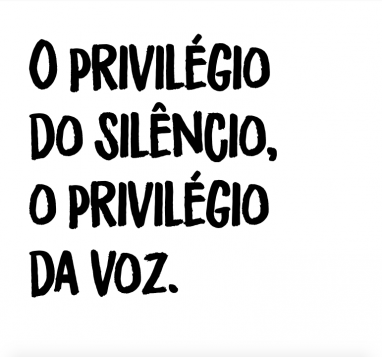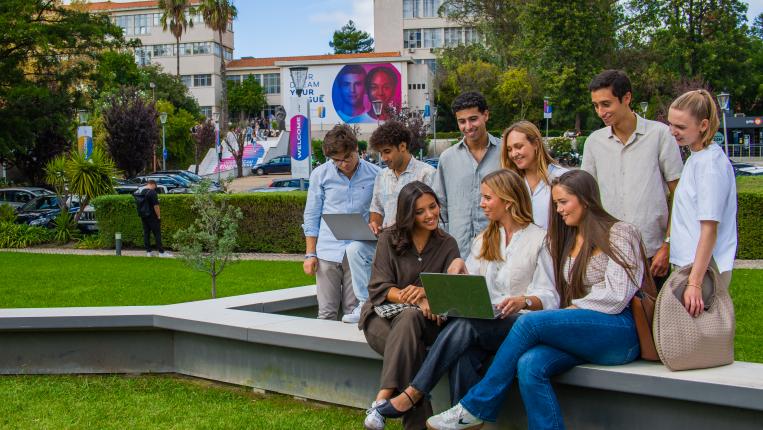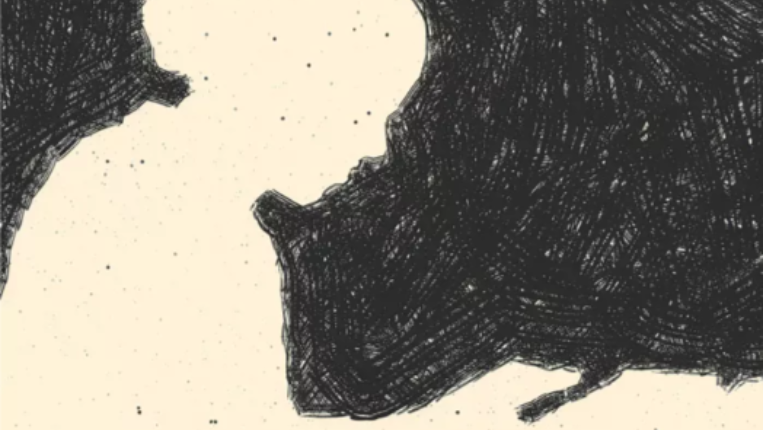
The nanogallery is an independent curatorial project that CECC Researchers, Luísa Santos and Fabíola Maurício, started about two years ago with the intention of developing ideas in an experimental way that reflected on the world in which we live. They believe that art can have a social and political role in the same way that each of us can take that role as an individual. As Joseph Beuys said in the 1970s, we all have a transformative potential, we are all subject to change. Whether or not we use that potential and how we use it, it is up to each one of us to decide. Art and artists who choose not to reflect directly, socially and politically on the world, are neither less art nor less artists for that decision. However, the nanogallery is admittedly a curatorial project that aims to reflect and act on the multiple narratives that determine the spaces we inhabit. In view of the current planetary situation, we are all forced into social isolation for our own good and survival. But the conditions and consequences of isolation are not the same for everyone in the world, not on every continent, not in every country, not in every city, not in every neighborhood. For many, this isolation is equivalent to a silence that allows them to reflect. For many others, this imposed silence is deafening and means loss of income and, in many cases, loss of rights and, at the limit (think of cases of domestic violence, now with many more opportunities to grow), loss of life. The nanogallery is a privileged space. We can choose to be silent, in total inaction and take this choice as a political decision - after all, stopping is necessary to move forward. However, given the speed of the multiple changes that humanity is going through, our researchers choose not to use their privilege to be silent and to stop. On the contrary, they choose the privilege of action and voice. In a phase in which we live an imminent, superabundant and quasi-monothematic history, and in which places of memory are constantly replaced by places of conjecture, they believe that intelligibility and the attempt to understand the past / present become more important than ever. /future. For that, they want to continue collaborating with artists, showing their work, and searching together for meanings, (re) creations and (re) inventions.
Until one can present art in a physical space again, Luísa and Fabíola give this virtual space to artists to show existing work, kept in the shadows silent work, or new work that has not yet had a chance to be shown. They both hope that with this action, on a nano scale, other actions, voices, narratives and proposals multiply. As proposed by the next millennium of Ítalo Calvino, that this action pass a set of values to describe the world in which we live. In the next 15 days, the nanogallery will show 15 Miguel Palma's works. These 15 pieces, produced between 1995 and 2018 were chosen by the artist. In all these works we are confronted with the binomials life and death, being and construction, human and nature. We couldn't think of a best way to start this period of exclusively online activity.
INSTAGRAM NANOGALERIA (@NANOGALERIA)




